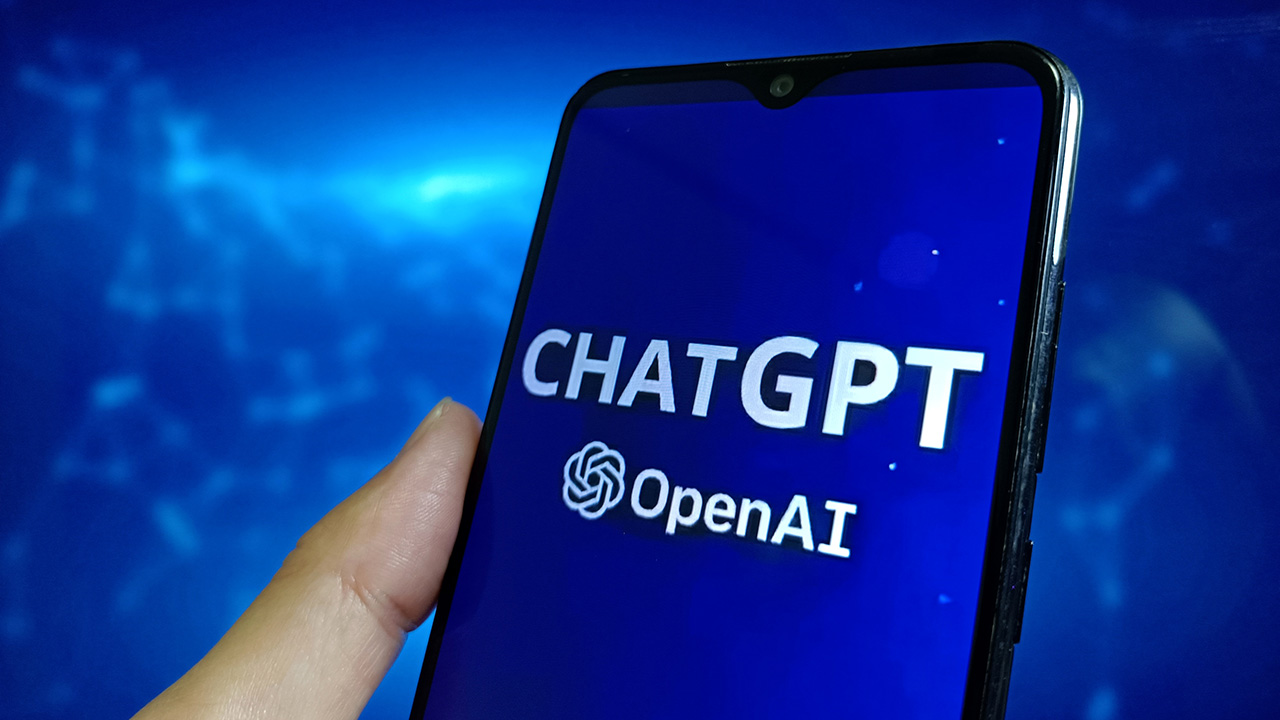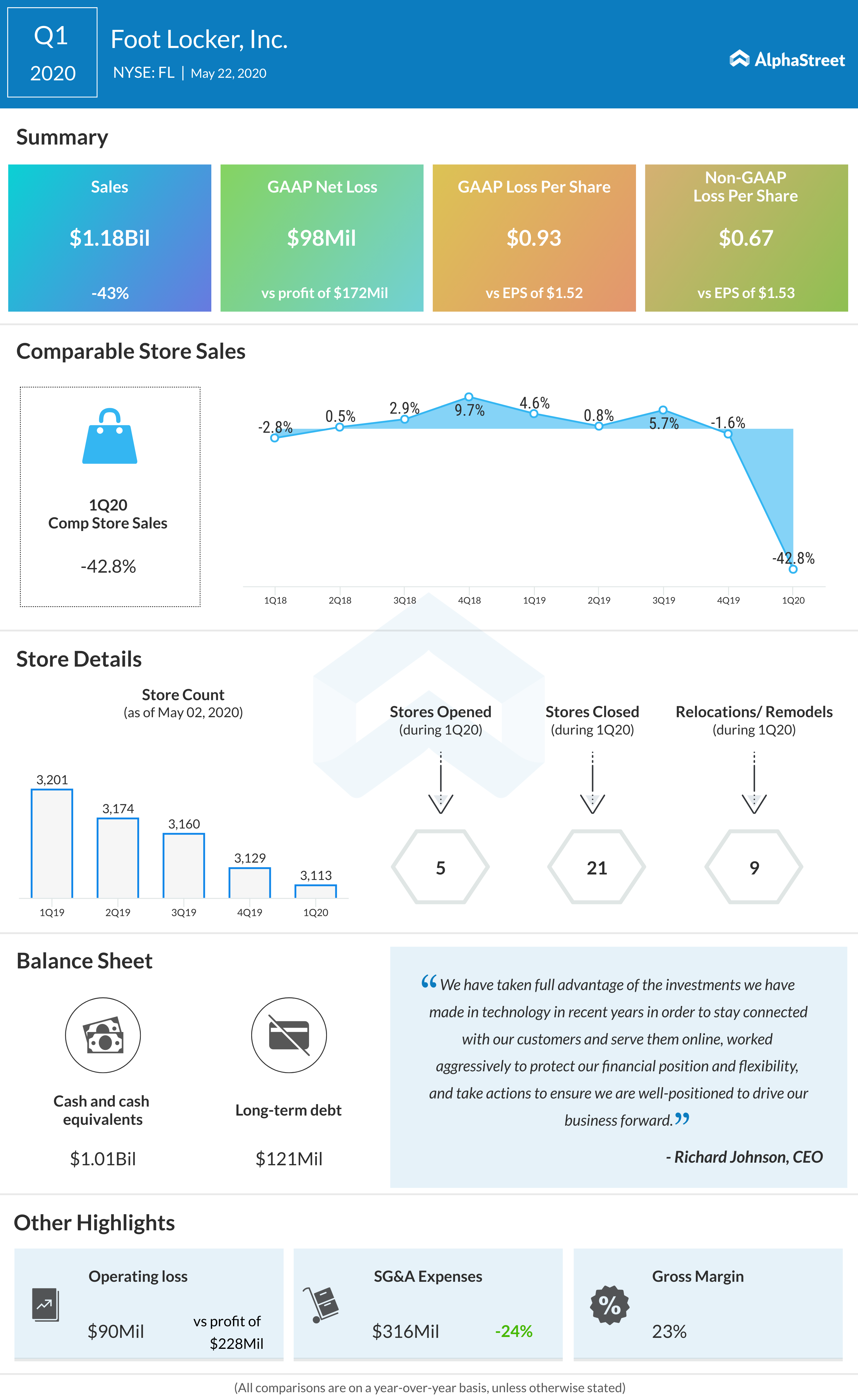ChatGPT And OpenAI: The FTC's Investigation And Its Potential Impact

Table of Contents
The FTC's Concerns Regarding ChatGPT and OpenAI
The FTC's investigation into OpenAI likely stems from several key concerns related to ChatGPT's capabilities and potential societal impact. These concerns broadly fall under data privacy, the generation of misinformation, and the potential for unfair or deceptive practices.
Data Privacy and Security
A major focus of the FTC's investigation is likely OpenAI's data handling practices. The sheer volume of data ChatGPT processes – encompassing personal information, conversations, and potentially sensitive details – necessitates robust security measures and transparent data usage policies. The FTC is likely scrutinizing:
- The type of data collected: This includes not only explicit user inputs but also potentially inferred data about users' preferences, beliefs, and behaviors.
- Data security measures: The FTC will be examining the security protocols implemented by OpenAI to protect user data from breaches, unauthorized access, and misuse. This includes assessing encryption methods, access controls, and incident response plans.
- Compliance with data privacy regulations: OpenAI's adherence to regulations like the California Consumer Privacy Act (CCPA) and the General Data Protection Regulation (GDPR) will be under intense scrutiny. This involves examining data subject rights, consent mechanisms, and data retention policies.
- Transparency around data usage policies: The FTC will likely assess the clarity and accessibility of OpenAI's data privacy policies, ensuring users are fully informed about how their data is collected, used, and shared.
Misinformation and Harmful Content
ChatGPT's ability to generate human-quality text raises significant concerns about the potential for misinformation and the spread of harmful content. The FTC's investigation may focus on:
- Bias in AI-generated content: Algorithmic biases embedded in ChatGPT's training data could lead to the generation of biased or discriminatory content.
- Lack of fact-checking mechanisms: The absence of robust fact-checking mechanisms within ChatGPT could result in the dissemination of false or misleading information.
- Potential for misuse by malicious actors: ChatGPT's capabilities could be exploited by malicious actors to generate convincing fake news, phishing scams, or other forms of harmful content.
- Impact on public trust and the spread of disinformation: The widespread use of AI-generated content without proper safeguards could erode public trust and contribute to the proliferation of disinformation online.
Consumer Protection and Unfair or Deceptive Practices
The FTC is also likely investigating whether OpenAI adequately discloses ChatGPT's capabilities and limitations to users. This is critical for ensuring fair and informed use. Areas of potential concern include:
- Transparency regarding AI limitations: Users need to understand that ChatGPT is not infallible and can generate inaccurate or nonsensical outputs. Clear disclosure of these limitations is essential.
- Over-reliance on ChatGPT's output: Users should not rely excessively on ChatGPT's information without independent verification. OpenAI's messaging and user interface should reflect this caution.
- Potential for financial harm: The generation of inaccurate financial advice or misleading information could lead to significant financial harm for users. Safeguards against such risks are crucial.
Potential Outcomes of the FTC Investigation
The FTC's investigation into OpenAI and ChatGPT could have far-reaching consequences for the company, the AI industry, and the broader regulatory landscape.
Regulatory Changes for AI
The investigation could trigger significant regulatory changes impacting the development and deployment of AI systems, potentially leading to:
- Mandatory data privacy and security standards: New regulations could mandate stricter data protection measures and greater transparency in data handling practices for AI developers.
- Requirements for transparency and disclosure: AI developers might be required to disclose the capabilities and limitations of their systems more clearly to users.
- Mechanisms for addressing bias and misinformation: Regulations might mandate the implementation of mechanisms to mitigate bias and prevent the spread of misinformation through AI-generated content.
Financial Penalties for OpenAI
Depending on the FTC's findings, OpenAI could face substantial financial penalties for violations of consumer protection laws or data privacy regulations. These penalties could significantly impact the company's financial stability and future development plans.
Changes to OpenAI's Practices
The FTC's investigation might compel OpenAI to implement significant changes to its operations, including:
- Improved data handling practices: This could involve enhanced security measures, more transparent data usage policies, and stricter adherence to data privacy regulations.
- Strengthened content moderation policies: OpenAI may need to implement more robust content moderation mechanisms to prevent the generation and dissemination of harmful content.
- Increased investment in AI safety and ethics: The investigation could spur greater investment in research and development aimed at improving AI safety and ethical considerations.
Broader Implications for the AI Industry
The FTC's investigation into OpenAI has significant implications for the broader AI industry.
Increased Accountability and Transparency
The investigation sets a precedent for increased accountability and transparency in the AI industry. Other AI developers will likely prioritize ethical considerations and consumer protection more seriously.
Slowed Innovation or Responsible Development?
The investigation's outcome could either stifle innovation through overly strict regulations or incentivize responsible AI development through clear guidelines and best practices. This delicate balance is crucial for the future of the AI industry.
Conclusion
The FTC's investigation into ChatGPT and OpenAI is a landmark event, highlighting the urgent need for responsible AI development and deployment. The potential outcomes—ranging from regulatory changes and financial penalties to shifts in industry practices—will significantly impact the future of generative AI and the broader AI landscape. Understanding the implications of this investigation is crucial for everyone involved in the AI ecosystem, from developers and investors to policymakers and consumers. Staying informed about the evolving regulatory landscape surrounding ChatGPT and other AI technologies is essential. Keep abreast of the latest developments in the FTC's investigation into ChatGPT and OpenAI to understand how this case shapes the future of artificial intelligence.

Featured Posts
-
 Kibris Isguecue Piyasasi Icin Yeni Dijital Veri Tabani Rehberi
May 15, 2025
Kibris Isguecue Piyasasi Icin Yeni Dijital Veri Tabani Rehberi
May 15, 2025 -
 Predicting The Braves Vs Padres Game Atlantas Path To Victory
May 15, 2025
Predicting The Braves Vs Padres Game Atlantas Path To Victory
May 15, 2025 -
 Nikes Turnaround Foot Locker Earnings Offer Positive Insights
May 15, 2025
Nikes Turnaround Foot Locker Earnings Offer Positive Insights
May 15, 2025 -
 Andor Season 2 A Timeline Examination Of Potential Rebels Cameos
May 15, 2025
Andor Season 2 A Timeline Examination Of Potential Rebels Cameos
May 15, 2025 -
 Avalanche Vs Maple Leafs Expert Predictions And Betting Picks For March 19
May 15, 2025
Avalanche Vs Maple Leafs Expert Predictions And Betting Picks For March 19
May 15, 2025
